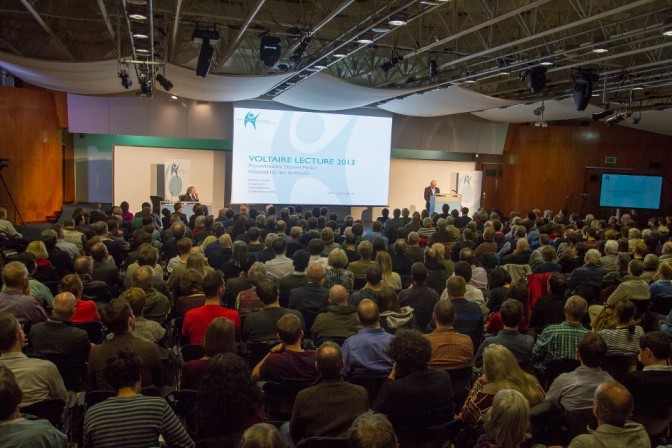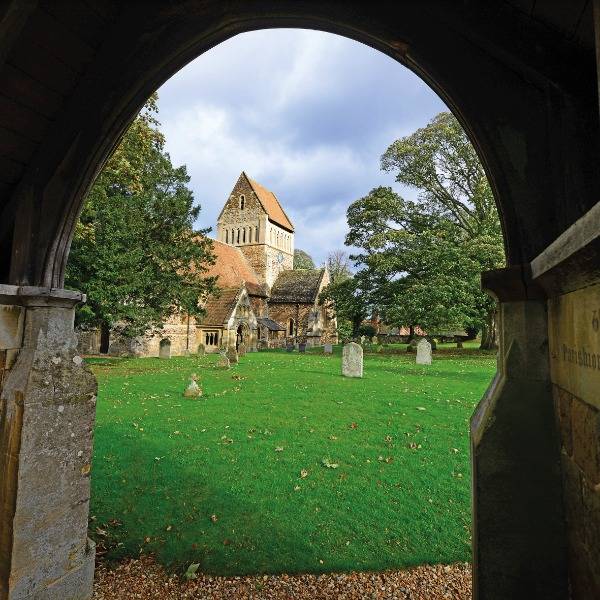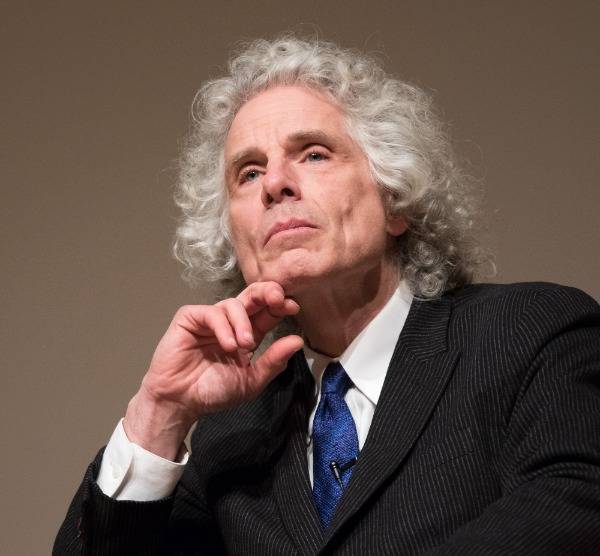
I have always been a humanist, really. But it’s only recently that I’ve made the effort to ‘get involved’ with humanism more actively.
At my secondary school I now run an ‘Asking Questions Club’ – “a space to discuss, with rationality, empiricism, and all-round critical thinking in mind”, reads the poster, “absolutely everyone welcome” – which has been going well.
More and more, I am also making the effort to attend lectures, talks, and conferences centred around Humanism and Science, my pet subjects. One of my recent outings was to the Voltaire lecture given by experimental psychologist Steven Pinker and hosted by the British Humanist Association (the audio for which can be found here, if you missed it). It was a great talk, and the topic – ‘The Better Angels of Our Nature: A History of Violence and Humanity’ – certainly left my Mother and me with a lot to think about on the way home.
The only problem was that our travel discussion at this time seemed to constantly revert back to a different theme to the one Pinker presented. We kept asking: “why are the audiences at these things always so white, and middle-class?”
I think, frankly, that this is unrepresentative of humanists as a whole. My Mother and I are both proudly working-class, and live in what I believe to be one of the most culturally diverse boroughs in London – Haringey. So, each time we attend these events, we feel that there is a very stark contrast between the people in the audience and the people surrounding us in our day-to-day lives, many of whom we know to be humanists themselves.
Supposing this is a problem, what caused it? Alom Shaha has written about the race issues before for the Guardian, mentioning how “There are issues that black and Asian atheists face that white atheists do not, for example, greater pressure to adhere to the religion of the communities in which they live” – which I entirely agree with. It’s often forgotten that, while someone may entirely internally identify as an atheist and disagree with the truth claims of their parent religion, it can be extremely hard for them to translate that into an outward belief as they risk anything from offending friends and family to outright exclusion from their entire community. And, in very extreme cases, violence.
Then what of class? As with race, I doubt that the nature of this exclusion is anything other than accidental. The ticket price at these events is set fairly reasonably (the student price I paid to hear Stephen Pinker speak was £5) for the very reason that many such events are hosted by charities like the BHA who wish to appeal to as many people as possible, so I think that that can be ruled out. The issue here is definitely more complex.
Consider, for example, the length of the country’s average working week. According to the European Foundation for the Improvement of Living and Working Conditions, “UK workers in full-time jobs put in an average of 41.4 hours every week, one and a half hours more than the average for the 27 members of the EU” – but what does this mean? The first thing that comes to mind for me, is that those working longer hours simply have less time free to attend lectures. What should be stressed here is that the 41.4 average is likely a mean figure too – meaning that there very well are many who work longer hours than that, and have an even lesser chance of turning up (despite maybe wanting to). And, before it’s pointed out, the length of a person’s working week may not dictate their wage, but I’m sure that while there certainly may be bankers who work long shifts, there’s no reason to assume that they have to or that a significant chunk of it is unpaid.
Some, perhaps trivial expenses for the more well-off must be considered also. Childcare is an issue, as are the cost of travel and the cost of eating out. But, perhaps most significantly, it could all come down to a similar factor responsible, I feel, for some of the racial misrepresentation among organised humanism: people tend to prefer to socialise with a similar crowd. This does not make them racist (or indeed class-ist), but it may help towards explaining part of this problem.
In the wise words of my Mother: “I don’t know what it is, but being in the company of so many white, middle-class professionals makes me want to do something naughty.”
It was just a joke at the time, but I do think it shows nicely the inner discomfort felt by those who don’t usually attend these lectures, each for many different reasons.
So, how does organised humanism tackle this? Does it live-stream the lectures to reach a wider audience? Does it get involved with economic politics? Do we need more support for groups like London Black Atheists?
I don’t know (except for a strong “yes” to the last question). But there certainly is a problem which needs to be addressed, and soon, if the image of humanism is ever to be one of humanity as a whole – not just the white middle-classes.

